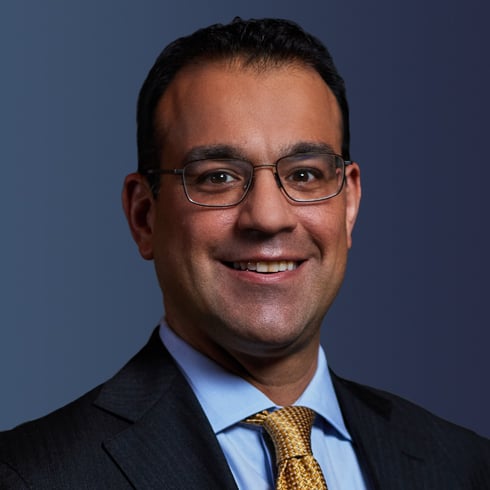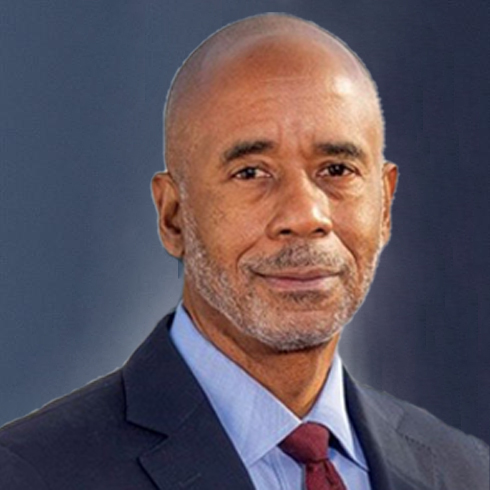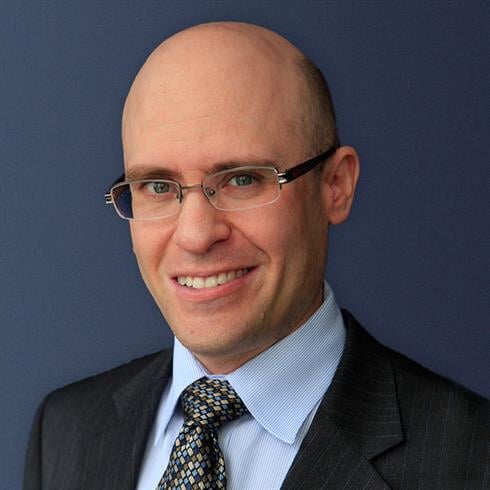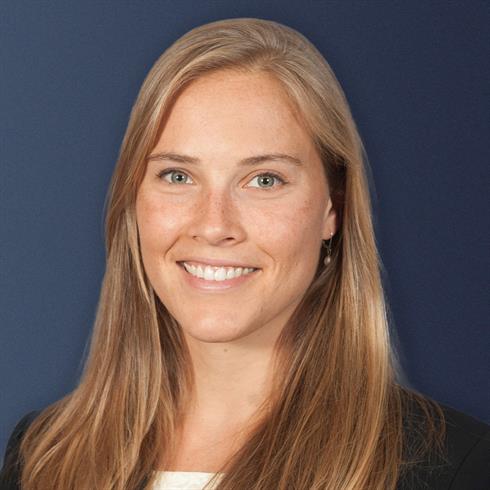Bon Secours Whistleblower Action
Case Type: Whistleblower/Qui Tam
Company: Bon Secours Health System, Inc.
United States of America et al. v. Bon Secours New York Health System, Inc., et al.
The original complaint in this matter (SDNY Case 1:10-cv-09650) was filed in U.S. District Court for the Southern District of New York on December 29, 2010, and unsealed by an Order of the Court on April 21, 2015. Relator asserts that between December 2004 until 2015, Bon Secours Health System, Inc., Bon Secours New York Health System and Schervier Long Term Home Health Care Program defrauded Medicaid and Medicare by filing millions of dollars in false claims for home health services provided to elderly and homebound patients. Poughkeepsie resident June Raffington, a licensed nurse in New York since 1986, is the relator in this qui tam matter.
Raffington seeks to recover damages and civil penalties on behalf of the United States and the State of New York for false and/or fraudulent statements, records, and claims made by the Defendant health care providers that resulted in numerous false claims to the Medicare and Medicaid programs in violation of the Federal False Claims Act (FCA) and the New York State False Claims Act, (NYFCA). The primary allegations are:
- Defendants forged doctors’ signatures on some patients’ “Plans of Care” that are required to support all invoices for service delivery; other patients’ cases never had Plans of Care completed, but invoices were nevertheless submitted for services.
- Defendants improperly billed Medicaid for services that should have been billed to Medicare, in the case of patients who had health insurance through both federal programs.
- Defendants billed NY Medicaid for services without obtaining the necessary approvals from local county departments of social services.
- Defendants retaliated against Raffington by firing her for complaining about and attempting to correct these fraudulent practices.
Defendants’ fraud cost the U.S., New York and taxpayers millions of dollars annually. In addition, Raffington seeks to recover damages and/or injunctive relief arising from the wrongful termination of her employment, in violation of federal and state whistleblower laws.
Raffington was employed by Bon Secours Health System, Inc., Bon Secours New York Health System, and Schervier Long Term Home Health Care Program from December 2008 through October 2009 as Vice President of Home Care Services for Bon Secours New York.
In this role, Raffington was responsible for promoting the company’s home health care services within the local market, upholding regulatory compliance, and managing all long term home health care staff to ensure that service delivery standards were being maintained. In October 2009, she was terminated from this position in retaliation for investigating and attempting to rectify the fraudulent billing practices she witnessed in this workplace.
Bon Secours Health System, Inc., (“Bon Secours”) is a not-for-profit Catholic health system headquartered in Marriottsville, Maryland that owns, manages, and/or joint ventures 18 acute-care hospitals, a psychiatric hospital, five nursing care facilities, five assisted living facilities, and 15 home care and hospice programs. In 2015, its earned revenues totaled $3.48 billion, according to media reports. Bon Secours owns and operates Bon Secours New York and its subsidiaries, including the Schervier Long Term Home Health Care Program. Schervier, which served patients in the Bronx and Westchester until its closure in 2015, was a home health agency providing services defined under federal and state laws. Bon Secours New York and its subsidiary were also Long Term Home Health Care Programs under New York Medicaid.
During her employment with Bon Secours, its affiliates and its subsidiaries, Raffington personally witnessed fraudulent activities that culminated in the companies submitting false claims for reimbursement to Medicare and Medicaid. Approximately one year after she was terminated for attempting to remedy the fraud, she filed this False Claims Act lawsuit.
In May 2016, U.S. District Judge Richard M. Berman denied Bon Secours’ motion to dismiss Raffington’s suit after ruling that she had detailed her allegations of the companies’ fraudulent practices in sufficient detail for the suit to proceed. On August 3, 2016, Relator requested the data from electronically stored information (ESI) accounts of 27 witnesses from Bon Secours, and Defendants agreed to produce emails and ESI for these custodians.
On October 24, 2016—three weeks before Court’s initial deadline for discovery of November 15 — the companies notified Raffington that 14 of the 27 ESI accounts were destroyed and refused to provide information about whether these email accounts existed on back-up tapes. In addition, as the initial fact discovery deadline loomed, Defendants failed to turn over to Relator a valid spreadsheet identifying the actual claims billed to the Government over the relevant period, a document known as a Paid Claims History. As a result, Relator was unable to conduct an expert analysis on a valid sample of claims. Relator believes that her expert analysis will help her to prove both liability and damages in her case
On December 21, 2016, the Court’s Magistrate Judge Gabriel W. Gorenstein ordered the Defendants to provide Raffington and her legal team with information about back-up tapes and the feasibility of restoring the 14 missing ESI accounts, and to cooperate with Relator to produce a valid Paid Claims History. He also extended the fact discovery deadline, pending resolution of these issues.
In January 2017, the Court denied Defendants’ request that Raffington be ordered to turn over her tax returns and bank statements. The Court ruled that Relator had already produced adequate documentation of her post-termination income, and Defendants’ request was not well founded.
In February 2017, the companies finally admitted that back-up tapes exist and the destroyed email accounts can be restored. Nonetheless, Defendants have stated that they destroyed both Relator’s email account shortly after her termination, and destroyed the email accounts of other key witnesses as well.
In late April 2017, key witnesses, including physicians, began coming forward to corroborate Raffington’s allegations that senior employees of Bon Secours forged physicians’ signatures on medical documents. These witnesses’ statements also corroborate Relator’s allegation that Defendants improperly destroyed (“spoliated”) the email accounts of key witnesses, including that of Raffington herself, at times when they had an obligation to preserve them.
On Monday, May 1, 2017, Relator will file a number witness statements, attesting to Defendants’ forgeries, with the Court. In addition, she will seek a determination that the Defendants spoliated witnesses’ ESI accounts and must pay to restore the backup tapes.
News Coverage
- Medicaid Fraud Claims Against Bon Secours Trimmed
- Bon Secours Health System Wants Claims In FCA Suit Tossed
- Bon Secours Ducking Medicaid Fraud Discovery, Relator Says
- Bon Secous Must Face Ex-Employee’s FCA Suit
Attorneys Involved in the Case
David Sanford
Chairman
Jeremy Heisler
Co-Vice Chairman
Michael Palmer
New York Managing Partner
H. Vincent McKnight Jr.
Co-Managing Partner of the Washington, DC office
Andrew Melzer
New York Partner
Cara Van Dorn
Senior Litigation Counsel
Frank Xu
Senior Litigation Counsel
Albert Powell
Staff Attorney









